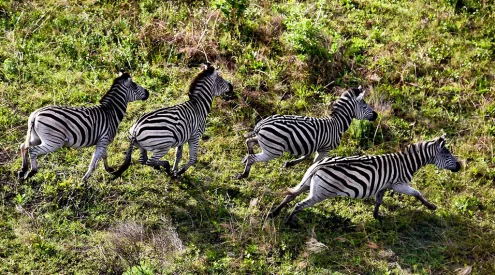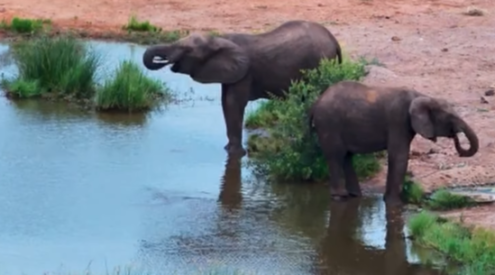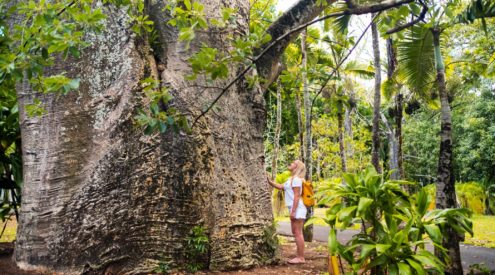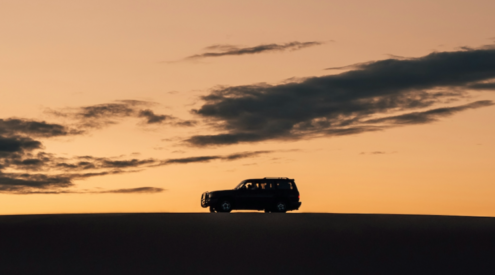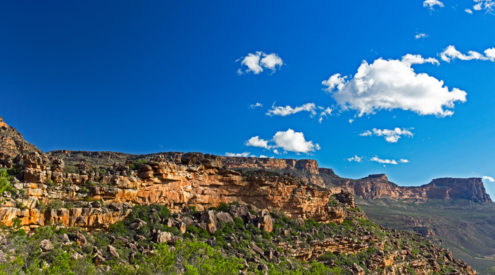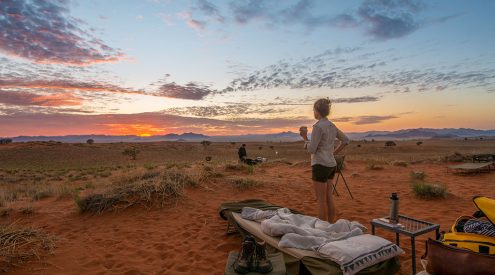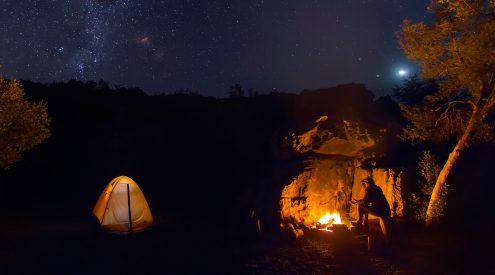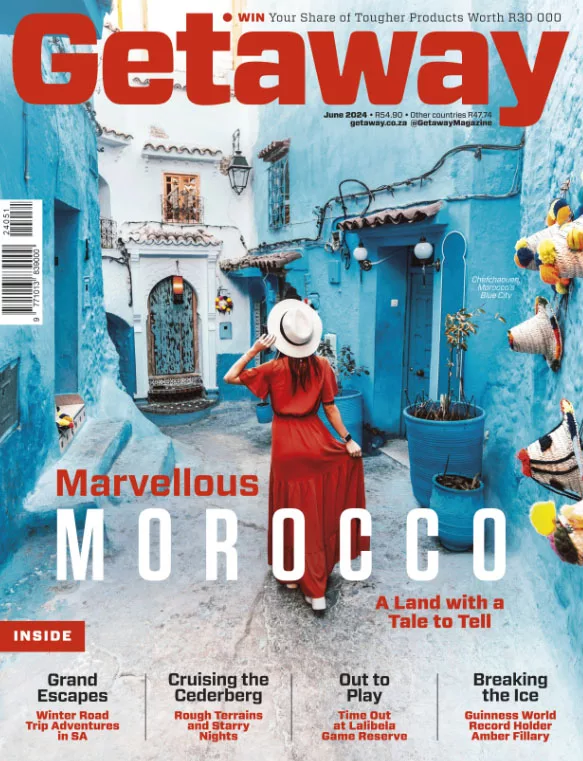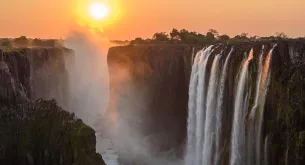Elephant-back walks and safaris are growing in popularity all over Southern Africa, and like anything to do with these supremely intelligent and emotionally-adept animals, the rides are very controversial. Surely these great beasts should be left to roam wild? Surely these iconic masterpieces of nature shouldn’t have to pay their way in a world in which biodiversity of all kinds is rapidly diminishing? Why can’t elephants just be left alone?
These are the questions that should be asked, but they ignore the reality of wildlife in Africa. Wild land is constantly being encroached by human communities (especially in Zimbabwe), and whether we like it or not, neither we nor elephants live in isolation of each other. And as usual, it’s the wildlife and the ellies that have to acquiesce to our demands (not that they have a choice, of course). So elephants are often confined to national park areas, where – because of land restriction and human greed – their populations are either regulated by culling, or the ellies are killed illegally for their ivory.
The result of these tragic realities is that baby elephants are often left without a mother. In the 1980s in Zimbabwe, about 100 elephant babies were orphaned from culling and poaching. Most were given to farmers, but they often didn’t have the necessary capital or skills to raise the babies (according to Shane White at Wild Horizons, a baby elephant will drink up to 30 000 litres of specially-formulated milk up to the age of two-and-a-half).
Enter the tourism demand for elephant-back safaris. Companies like Wild Horizons adopted orphaned elephants, and raised them at signicant cost. Today, Wild Horizons offer tourists in Vic Falls the opportunity to go on a one-hour elephant ride through a leased property of 5 000 acres alongside the Zambezi River.
Over the years, more orphaned elephants have been adopted by Shane and his team, and some have been born, so that there are now 17 elephants on the reserve. They are allowed to roam freely. They are not tame elephants – rather wild ones which have become habituated to humans. The ellies clearly know that if they let humans ride them a few times a week (not every elephant is walked every day), they are assured food, water, security and companionship. But they are wild, and can walk away if they wish. Some of them do, never to return, others come back after a few months away, while most stick around all the time.
Shane White from Wild Horizons is quick to point out that the elephant rides don’t make commercial sense – if you look after an elephant properly (which not all elephant operators do), then it’s going cost you plenty. So why do it?, I asked Shane. “We are a family business, and have always loved wildlife. If we didn’t adopt the baby elephants, they would have been shot.” Shane says that, yes, although the elephant rides are the flagship product in their business, the white water rafting, highwire activities, lodging and transfers pay the bills.
There are various other elephant operators in Vic Falls. Independent tourism operators have spoken to me about unethical practices at some of them (like going out and capturing wild elephants from existing wild populations, and then using them for rides). So you must ask the necessary ethical questions before you book your elephant ride.
I’ve been told by outsiders that Wild Horizons are serious about the ethics of the business…but in such a controversial industry, make sure to ask the tough, yet vital, questions – to any operator – before you book your trip. How are the elephants “sourced”? How are they looked after? Where do they feed and sleep at night? How are they trained? (Reward system, or are they punished?) What is the operator’s safety record? (Elephants are the most powerful land mammals…and are obviously very dangerous when they want to be).
I’ve now been to three elephant ride operators in Southern Africa, and of them all, Wild Horizons seem to do the best job. Although I’d rather live in a world in which elephants don’t have to go to work everyday, I can’t see an obvious alternative to saving orphaned elephants. Of course, the more tourists want to go on elephant rides, the more incentive there is for operators to make a quick buck by offering rides. And because it’s expensive to raise an ellie ethically, many operators will cut costs, and the ellies will suffer.
But let’s focus on the positives. Ethical operators like Wild Horizons have saved elephants who otherwise would have died, the elephants are leading decent lives, and they provide both young and old humans with an unforgettable experience. The more young kids that interact with elephants today, the better the chance that these intelligent creatures will survive into the future…who knows, maybe one day elephants won’t have to work for their survival.
Wild Horizons have started a Trust to which members of the public can contribute. The funds go to education of local communities, research of wildlife, and training of anti-poaching scouts. Visit the website to find out more. You may ask why a commercial operation has started a charity, but the funds go to a wide range of conservation programs, none of which directly benefit Wild Horizons commercial operations.

